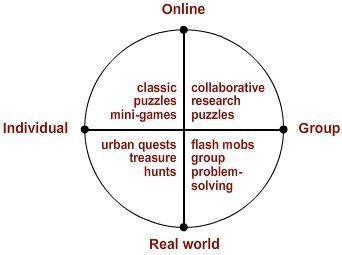Literacy for Life: A Farewell and Reflection
When I first entered this course, I was stunned. It wasn’t just the amazing, monitor-filled room or the ready-to-learn, eager-to-teach students; it was the content, and how it was given to us. Kim, you’re one hell of a teacher. The experience that Literacy Studies brought me was one of excitement, wonderment, and fun, without the worry of grades or tests. Everything we did was hands-on and experimental at its core, and I loved it. The articles we read ranged from long to short, difficult to easy to understand, and old to new, and yet each one of them brought a new element to the game and helped me to think outside the box when it came to literacy. And, for once, I can genuinely say that group work was a blast.
Literacy learning and teaching, I believe, should model itself like this class. Literacy today is technological, it is internet-based, it is open content available for the world round to watch and read and listen to. As I learned while reading in my book club, literacy should revolve around a participatory culture. Because literacy can be found in everything from hacking to gaming to hip-hop, there’s no end in site to the ways that people can learn and accumulate literacy. Deborah Brandt was one of my favorite essay authors to read the works of in this course, because what she writes about is vital: the sponsors of literacy are required in order to access it, and how one accumulates literacy depends not on one’s economic status, but on their will to learn and their ability to find such sponsors to help support their literacy education. Sylvia Scribner also hit the nail on the head when she said that literacy was adaptive (and we need to be adaptive to its adaptions), empowering, and self-enhancing (such as with text versus e-mail writings, as seen in Lunsford’s piece).
I feel like I’ve done well in expanding my mind in this class. I used to think that literacy was nothing more than reading and writing (any form of writing, though text-based), but in my article group we explored gaming as a form of literacy as well, and that blew me away. This course has definitely helped me to improve in how I see literacy and has given me great ideas and plans to use in my own teachings, such as using Twitter and blogging in the classroom and having fun group projects like writing a rap together, discussing fan fiction and gaming (for example) as forms of literacy, or “hacking” everyday materials. This will help my students to think bigger just like I did this semester. It was both heart-shattering and enlightening to work in my CAVE class this smester, as well, because the teacher I was assigned was old and set in her ways, and many of her classes didn’t seem interested in what she had to say. She did have a student teacher who was in the credential program, though- the student teacher was able to captivate the classes much better with funny yet informative videos and her ability to answer questions and inspire thinking in refreshing ways such as creative info charts and discussions and debates, unlike the main teacher who was planning on retiring soon. It just went to show that remixing a classroom environment to be engaging and following the mapping of performance that Leander’s article explains.
This class has changed my perspective of literacy, boosted my confidence in speaking out, and taught me that I can, indeed, teach, and people will enjoy it. I don’t really have any questions that I can think about regarding the still-unknown factors of literacy at the moment, so let me just leave you with this reflection and a reminder that Write On is going to be. So. Cool.





 Website:
Website: